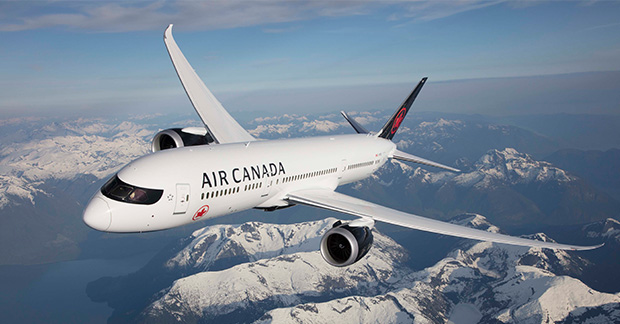In a significant development for the aviation industry, Air Canada has successfully averted a potential shutdown by reaching a last-minute pay deal with its pilots’ union. This agreement comes as a relief to travelers and the airline industry, ensuring that flights will continue to operate smoothly.
The Agreement
Air Canada has reached a tentative, four-year collective agreement with the Air Line Pilots Association (ALPA), representing more than 5,200 pilots at Air Canada and Air Canada Rouge. The deal includes a pay raise and improved working conditions, addressing the concerns of the pilots and preventing a crippling strike that could have grounded flights and risked devastating the economy.
Impact on Travelers
The agreement is a significant relief for travelers who rely on Air Canada for their travel needs. A strike would have caused widespread disruptions, affecting thousands of passengers and leading to cancellations and delays. With the deal in place, travelers can now plan their trips with confidence, knowing that their flights will operate as scheduled.
Economic Implications
The potential strike had raised concerns about its impact on the Canadian economy. Air Canada is a major player in the aviation industry, and a shutdown would have had far-reaching consequences. The agreement ensures continued operations, preventing economic disruptions and maintaining the flow of goods and services.
Industry Reactions
The aviation industry has welcomed the agreement, viewing it as a positive development that sets a precedent for other airlines and their unions. The deal highlights the importance of negotiation and collaboration in addressing labor disputes, ensuring that the interests of both employees and employers are met.
Future Outlook
With the agreement in place, Air Canada can now focus on its future plans and growth. The airline is expected to continue its expansion efforts, introducing new routes and enhancing its services. The deal also provides stability for the pilots, allowing them to focus on their work without the uncertainty of labor disputes.
Comparative Analysis
Air Canada’s agreement with its pilots’ union is not an isolated case. Other airlines have also faced similar challenges and have successfully negotiated deals to avoid strikes. For instance, American Airlines recently reached a contract extension with its mechanics and ground workers, ensuring continued operations and preventing disruptions.
Challenges Ahead
While the agreement is a positive development, challenges remain for the aviation industry. The sector continues to face issues such as rising fuel costs, regulatory changes, and competition from low-cost carriers. Airlines must navigate these challenges while maintaining profitability and ensuring customer satisfaction.
Conclusion
In conclusion, Air Canada’s last-minute pay deal with its pilots’ union is a significant achievement that ensures continued operations and prevents economic disruptions. The agreement highlights the importance of negotiation and collaboration in addressing labor disputes. As the aviation industry continues to evolve, such agreements will play a crucial role in maintaining stability and ensuring the smooth functioning of airlines.
For more information on similar developments in the aviation industry, check out this article on the deal with pilots that averted a strike at Air Canada.
Ready to Transform Your Hotel Experience? Schedule a free demo today
Explore Textify’s AI membership
Explore latest trends with NewsGenie


